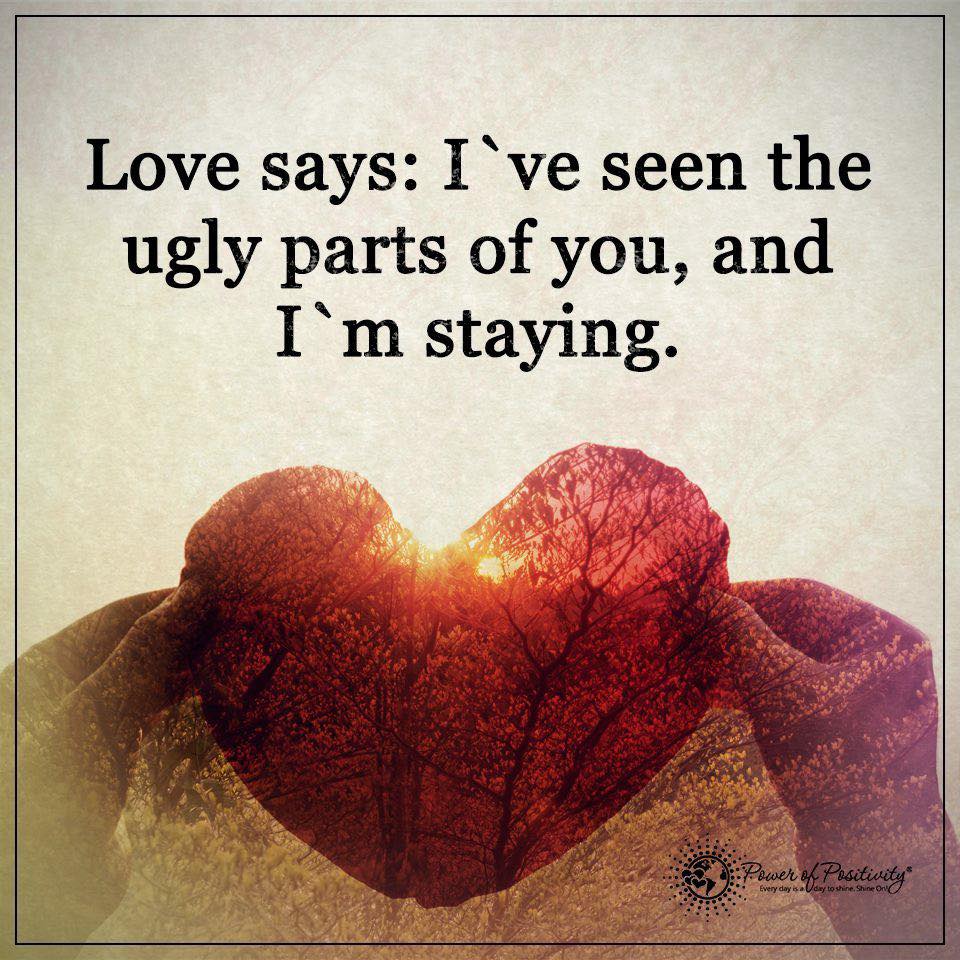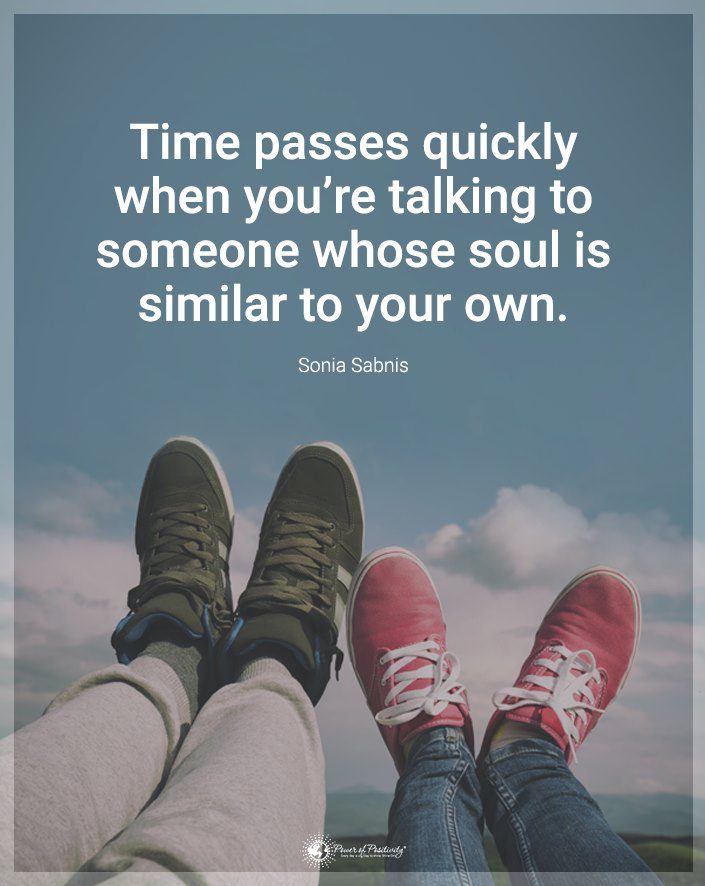Avoid these behaviors in your relationships.
Settling in a relationship can be a silent concession, where one partner compromises on some of the things they need from their partner. Often, one does this, even at the expense of their emotional and mental health. It’s a scenario where the fear of loneliness overshadows the desire for a relationship that enriches life. This compromise may offer short-term comfort. However, it often leads to long-term dissatisfaction and psychological distress.
This article will explore some behaviors that partners should never compromise on. From mutual respect to emotional intimacy, each point helps uphold any partnership.
Emotional Needs and Boundaries
Any thriving relationship requires well-understood and well-respected emotional needs and firm boundaries. These critical parameters define how we interact with our partners. They also mean that both parties feel valued, heard, and respected.
Importance of Recognizing and Communicating Emotional Needs
Understanding and communicating one’s emotional needs is fundamental to a healthy partnership. These needs include the desire for affection, understanding, space, and independence.
Recognizing these needs allows for a deeper connection and prevents the development of misunderstandings and resentment. It’s crucial to openly discuss what makes you feel respected, loved, and secure in the relationship. This open dialogue may lead to a deeper understanding and bond.
Setting and Respecting Boundaries for a Healthy Partnership
Boundaries are like invisible lines that help each person feel respected. These boundaries can be physical, emotional, or mental. Setting boundaries might involve expressing how much personal space you need, how you handle conflict, or how you share responsibilities.
It’s important to communicate these boundaries clearly and respectfully. Equally important is respecting the boundaries set by your partner. This mutual respect for boundaries prevents conflicts. It also builds trust and deepens intimacy.
The 15 Things Never to Settle For in a Relationship
These fifteen behaviors are non-negotiables for most successful couples.
1 – Disrespect
Respect is the heart of any healthy relationship. Settling for disrespectful words or actions can diminish self-esteem. It can also weaken the foundation of the relationship. A partnership comes from mutual respect, where both individuals feel valued and honored.
2 – Lack of Communication
Communication is the lifeline of any good relationship. It’s essential for resolving conflicts, expressing needs, and sharing joys. When either person lacks open and honest communication, the situation is prone to misunderstandings and unresolved issues. These things can all weaken the bonds between you.
3 – Emotional Abuse
Emotional abuse, often subtle and manipulative, can deeply scar one’s self-worth and mental health. It’s crucial to recognize signs like constant criticism, gaslighting, or emotional blackmail. A healthy relationship should be a source of support and positivity, not a cause of emotional pain.
4 – Neglect
Emotional or physical neglect can leave one feeling unimportant and unloved. A relationship should involve active engagement and interest in each other’s lives. Settling for neglect can lead to a profound sense of loneliness and isolation.
5 – Inconsistency
Consistency in behavior and affection provides a sense of security and trust. Inconsistent behavior, such as fluctuating levels of interest or affection, can create confusion and insecurity. A stable and reliable partner is key to a healthy partnership.
6 – Control Issues
A relationship should be a partnership of equals, not a power play. Controlling behavior over personal choices, social interactions, or finances is a red flag. Autonomy and freedom within the relationship are essential for personal growth and mutual respect.
7 – Infidelity
Trust is the foundation of every committed relationship, and infidelity shatters this trust. A relationship should be built on loyalty and faithfulness. Some couples can forgive and move on – that’s their choice. However, repeated infidelity is a clear sign that someone lacks respect and commitment.
8 – Lack of Support
Support in a relationship is about more than just being there during tough times; it’s about encouraging each other’s dreams and aspirations. A partner who consistently undermines or belittles your goals can impede your personal growth and happiness.
9 – Dismissal of Your Goals
Your aspirations and dreams are a significant part of who you are. A partner who dismisses or disregards your goals is not respecting your identity. Mutual encouragement and support of each other’s ambitions are key to a fulfilling relationship.
10 – Incompatibility in Core Values
Shared values and beliefs form the backbone of a deep and lasting relationship. Significant differences in core values, such as those related to ethics, family, or life goals, can lead to ongoing conflicts and a fundamental disconnect in the relationship.
11 – Physical Abuse
Physical abuse is an absolute deal-breaker. It’s a dangerous and clear sign that the situation is harmful. Safety and respect are paramount, and any form of physical abuse should prompt immediate action and separation. Anyone in imminent physical danger should call 911 and ask for immediate help.
12 – Lack of Intimacy
Intimacy is not just physical; it’s also emotional. A lack of intimacy can leave partners feeling disconnected and unloved. A healthy relationship involves a close and warm physical and emotional connection.
13 – Financial Abuse
Financial abuse, a form of control where one partner dominates financial decisions and resources, undermines independence and security. Financial transparency and mutual respect in financial matters are essential in a relationship.
14 – Substance Abuse
Substance abuse can lead to myriad problems, including neglect, abuse, and financial strain. While support for a partner struggling with addiction is important, it should not come at the cost of your own mental or emotional health.
15 – Codependency
Maintaining individuality and independence is crucial in a relationship. Codependency, where one’s happiness and identity are overly tied to the partner, can lead to an unhealthy and unbalanced relationship dynamic.
In each of these areas, knowing that a healthy relationship should enhance your life is important. It should never detract from it. Recognizing and refusing to settle for these detrimental elements is not merely for self-respect. Instead, it’s about ensuring your relationship is a source of joy, growth, and mutual fulfillment.
Healing and Moving Forward
After recognizing what not to settle for in a relationship, it’s equally important to focus on healing from past hurts. Only healing can prepare for a healthier future in personal relationships.
Here are a few strategies for healing and embracing a positive outlook for future relationships.
Strategies for Healing from Past Relationship Hurts
Healing from past relationship trauma is a journey that requires patience, self-compassion, and, often, external support. Here are some strategies to consider:
- Reflection and Acknowledgment: Reflect on past relationships and acknowledge the hurt and lessons learned. This process is crucial for emotional closure and growth.
- Seek Professional Help: Sometimes, the guidance of a therapist or counselor can be invaluable in working through complex emotions and developing healthier relationship patterns.
- Self-Care and Self-Compassion: Prioritize self-care practices that nurture your mental, emotional, and physical health. Be kind to yourself, understanding that healing is a process and takes time.
- Building a Support System: Surround yourself with friends, family, or support groups who understand and support your journey towards healing.
- Learning and Growth: Use your experiences as an opportunity to understand what you truly value in a partner and how you can improve your future relationship choices.
Embracing Positive Thinking for Future Relationships
Adopting a positive mindset is crucial when moving forward with someone new. Here’s how positive thinking can reshape your approach in the future:
- Optimism about the Future: Maintain an optimistic outlook on love and relationships, believing in the possibility of a healthy and fulfilling partnership.
- Setting Realistic Expectations: While it’s important to not settle for less, it’s equally important to have realistic expectations and remember that no relationship is perfect.
- Openness to New Experiences: Be open to new experiences and people, understanding that each relationship offers a unique opportunity for growth and happiness.
- Affirming Your Worth: Regularly affirm your self-worth and know you deserve a relationship that brings joy and growth.
- Learning to Trust Again: Gradually learn to trust again, understanding that past hurts do not dictate future outcomes.
Healing from past relationships hurts and moving forward with a positive mindset are essential steps in preparing for healthier future relationships. By focusing on personal growth, self-care, and a positive outlook, you can lay the groundwork for a relationship that is not only loving but also deeply fulfilling and enriching. Remember, the journey toward a healthy relationship starts with you.
Final Thoughts on 15 Things to Avoid in Your Relationship
The health and quality of our relationships significantly impact our overall health and happiness. Each point discussed is not necessarily a warning sign to be wary of but a reminder of the standards we should uphold in our connections.
Relationships should be sources of support, joy, and mutual growth, not arenas of neglect, disrespect, or abuse. Recognizing and refusing to settle for these detrimental elements is a profound act of self-care and self-respect. It’s about understanding that you deserve a relationship that enhances your life, respects your individuality, and supports your personal growth.
















 Community
Community

